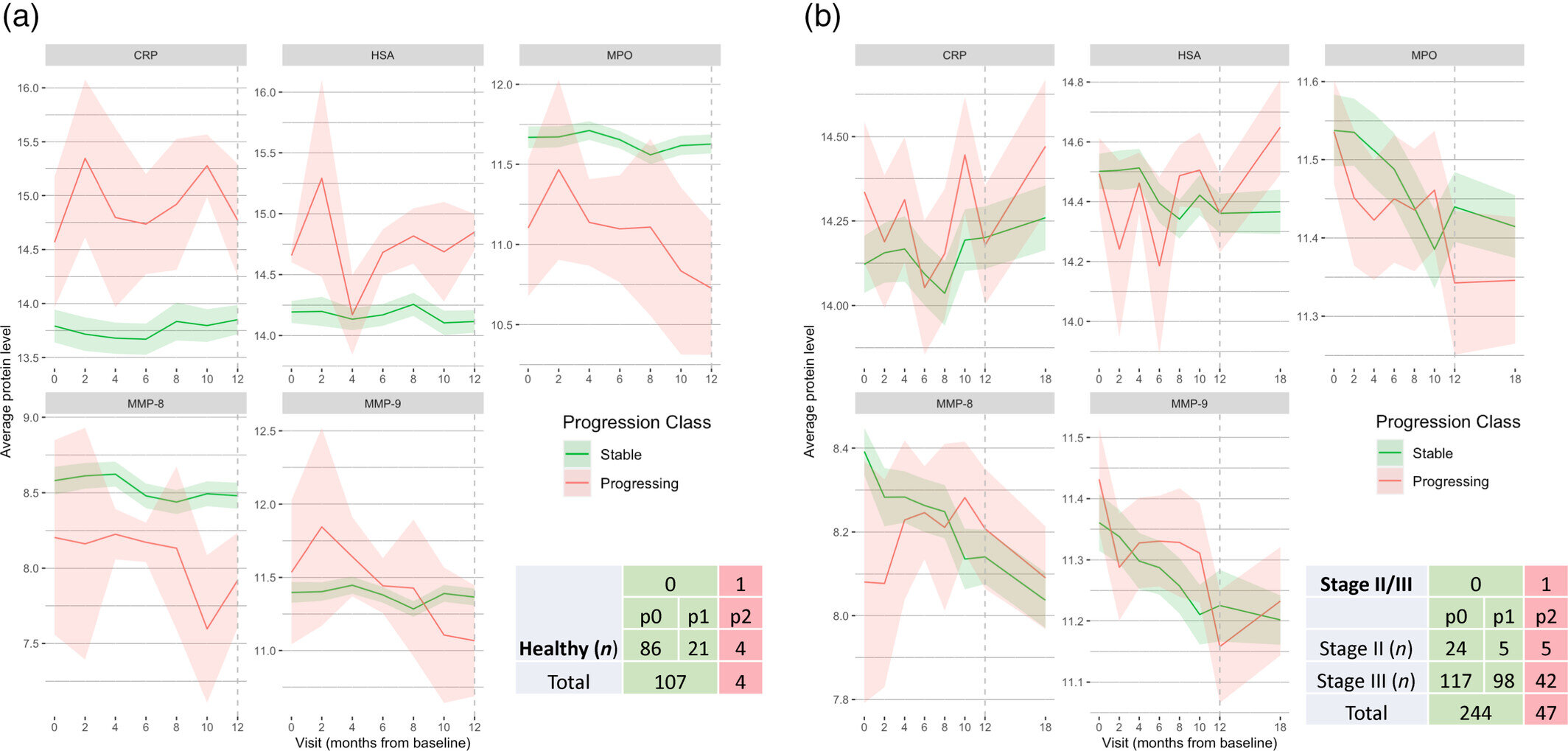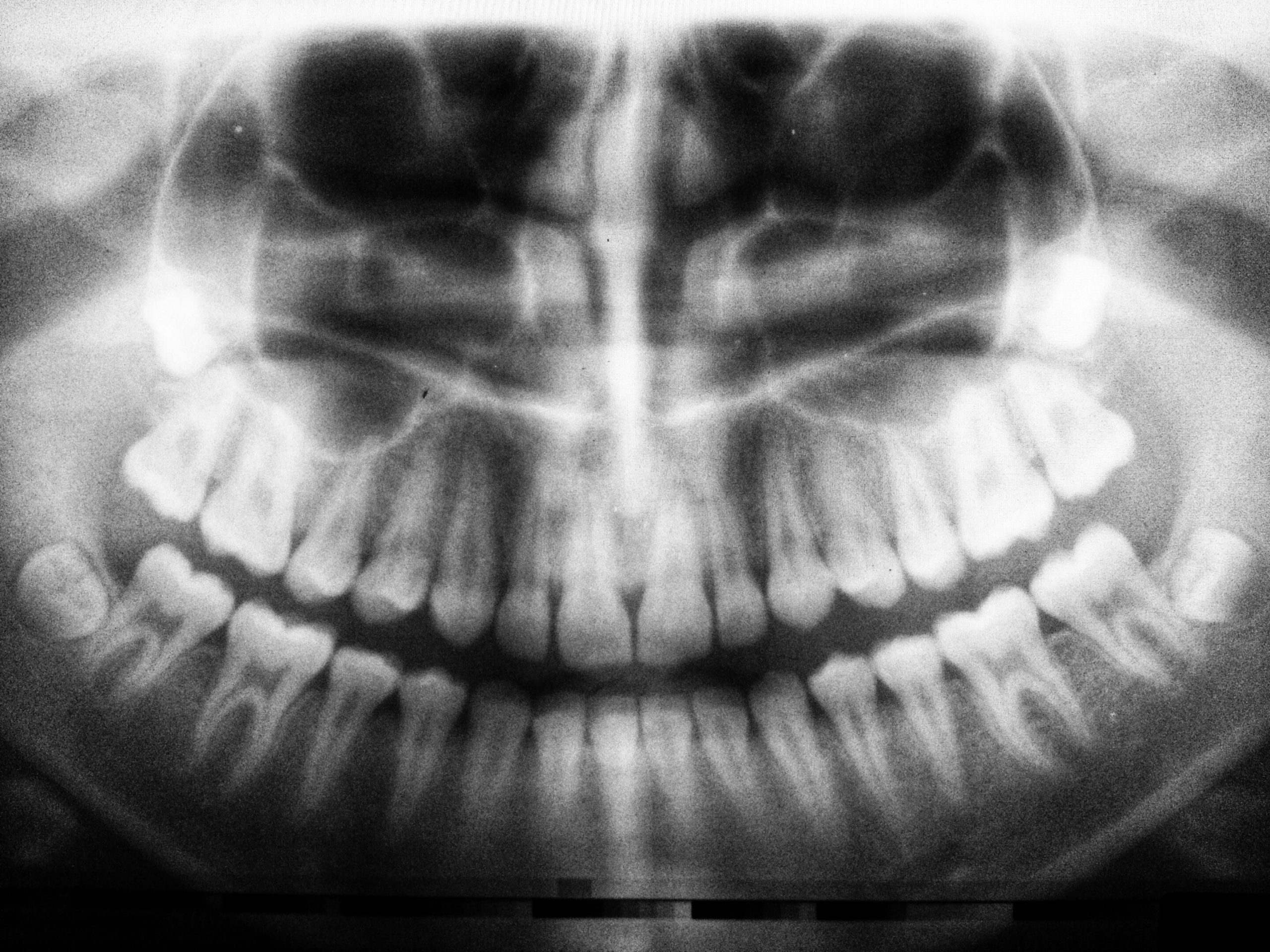
Researchers have found an inexpensive tool that may help reduce rates of pneumonia for hospitalized patients—and it comes with bristles on one end.
A new study by investigators from Brigham and Women’s Hospital and Harvard Pilgrim Health Care Institute examined whether daily toothbrushing among hospitalized patients is associated with lower rates of hospital-acquired pneumonia and other outcomes.
The team combined the results of 15 randomized clinical trials that included more than 2,700 patients and found that hospital-acquired pneumonia rates were lower among patients who received daily toothbrushing compared to those who did not. The results were especially compelling among patients on mechanical ventilation.
Their paper, “Association Between Daily Toothbrushing and Hospital-Acquired Pneumonia: A Systematic Review and Meta-Analysis,” has been published in JAMA Internal Medicine.
“The signal that we see here towards lower mortality is striking—it suggests that regular toothbrushing in the hospital may save lives,” said corresponding author Michael Klompas, MD, MPH, hospital epidemiologist and an infectious disease physician in the Department of Medicine at BWH and Professor of Population Medicine at Harvard Pilgrim Health Care Institute.
“It’s rare in the world of hospital preventative medicine to find something like this that is both effective and cheap. Instead of a new device or drug, our study indicates that something as simple as brushing teeth can make a big difference.”
Hospital-acquired pneumonia occurs when bacteria in the mouth enter a patient’s airways and infect their lungs. Patients experiencing frailty or patients with a weakened immune system are particularly susceptible to developing hospital-acquired pneumonia during their hospital stay. However, adopting a daily toothbrushing regimen can decrease the amount of bacteria in the mouth, potentially lowering the risk of hospital-acquired pneumonia from occurring.
The team conducted a systematic review and meta-analysis to determine the association between daily toothbrushing and hospital-acquired pneumonia. Using a variety of databases, the researchers collected and analyzed randomized clinical trials from around the world that compared the effect of regular oral care with toothbrushing versus oral care without toothbrushing on the occurrence of hospital-acquired pneumonia and other outcomes.
The team’s analysis found that daily toothbrushing was associated with a significantly lower risk for hospital-acquired pneumonia and ICU mortality. In addition, the investigators identified that toothbrushing for patients in the ICU was associated with fewer days of mechanical ventilation and a shorter length of stay in the ICU.
Most of the studies in the team’s review explored the role of a teeth-cleaning regimen in adults in the ICU. Only two of the 15 studies included in the authors’ analysis evaluated the impact of toothbrushing in non-ventilated patients. The researchers are hopeful that the protective effect of toothbrushing will extend to non-ICU patients but additional studies focusing on this population are needed to clarify if in fact this is the case.
“The findings from our study emphasize the importance of implementing an oral health routine that includes toothbrushing for hospitalized patients. Our hope is that our study will help catalyze policies and programs to ensure that hospitalized patients regularly brush their teeth. If a patient cannot perform the task themselves, we recommend a member of the patient’s care team assist,” said Klompas.
More information:
Ehrenzeller, S. et al, Association Between Daily Toothbrushing and Hospital-Acquired Pneumonia: A Systematic Review and Meta-Analysis., JAMA Internal Medicine (2023). DOI: 10.1001/jamainternmed.2023.6638
Citation:
Daily toothbrushing tied to lower rates of pneumonia among hospitalized patients (2023, December 18)
retrieved 28 September 2024
from https://medicalxpress.com/news/2023-12-daily-toothbrushing-pneumonia-hospitalized-patients.html
This document is subject to copyright. Apart from any fair dealing for the purpose of private study or research, no
part may be reproduced without the written permission. The content is provided for information purposes only.



